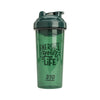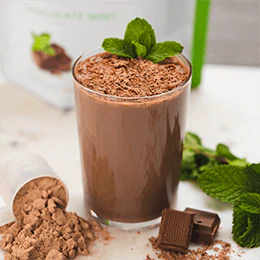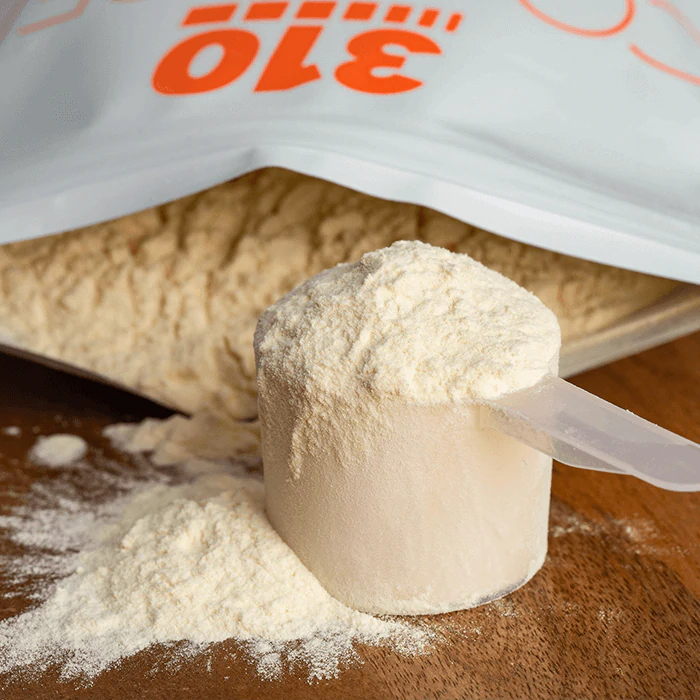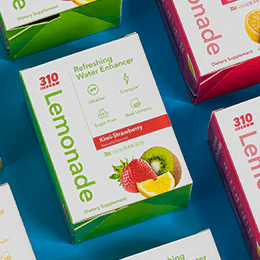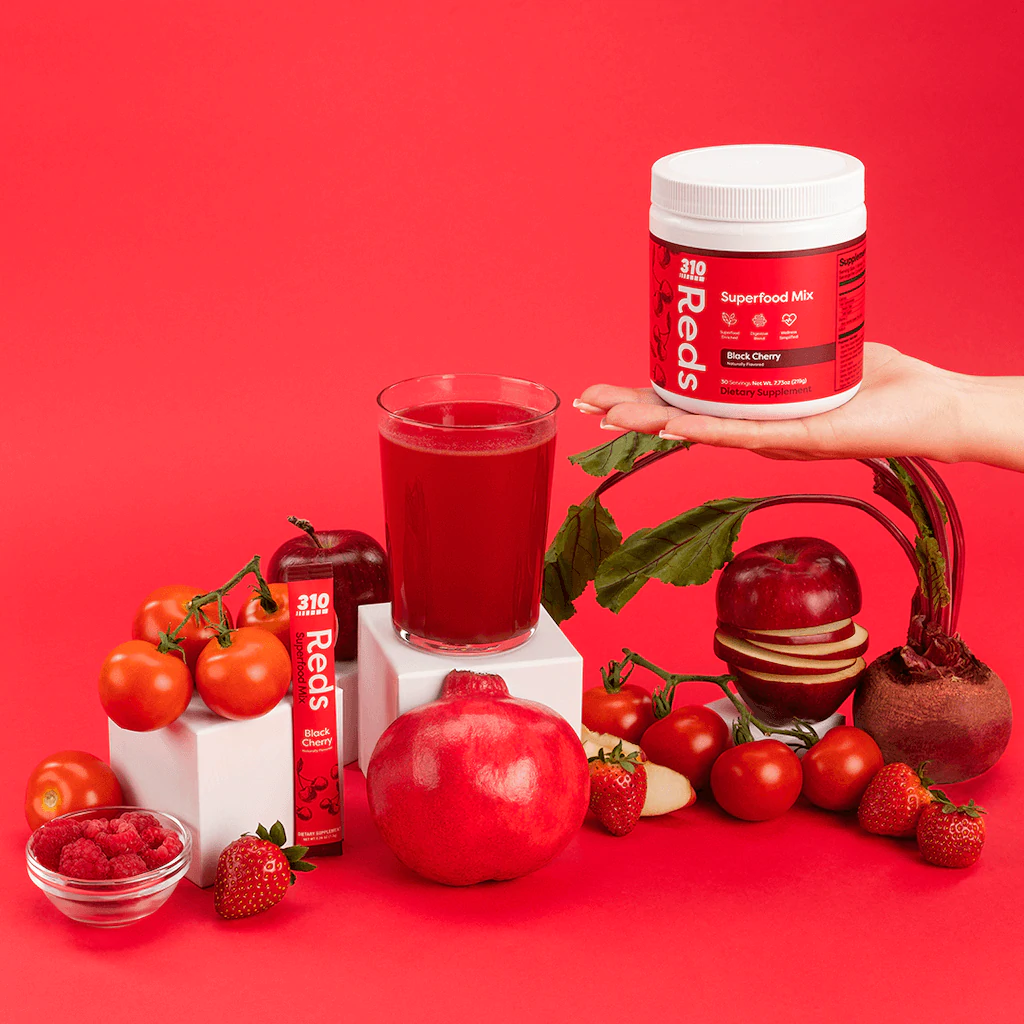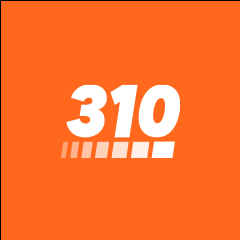It’s commonly accepted that we like to see the numbers on the scale reflect the work we’re doing. When you’re working hard to lose weight, unchanging numbers can be a sign of the dreaded weight loss plateau. There are typically three reasons for hitting weight loss plateaus, and fortunately there are fixes for each one.
Discover the top three reasons for hitting a weight loss plateau and how to fix it, below!

Reason 1: Your Body Isn't Being Physically Challenged Enough
If you’ve found a workout you love and you’re still doing that exact same workout after three months, guess what? Your muscles are used to the movements. Your endurance is conditioned. Because your body isn’t being asked to do anything new, it’s on proverbial autopilot. Eventually, while your cardiovascular system is getting benefits, your muscles aren’t being challenged, which is ultimately what burns fat. Without putting your muscles to work and building them up, your hormonal profile is not challenged.
The Fix:
You must switch up your workouts. You cannot do the exact same cardio, stretches, or strength training for an extended period of time and expect weight loss results to remain on the same path. New effort loses new pounds.
- If you’re a cardio junkie, this means incorporating additional strength training. You can even begin with standard things like burpees, pushups, and crunches. Get into a good gym and ask floor trainers for assistance with strength machines.
- If you’re already doing strength training, then challenge your heart and body more by adding HIIT (High Intensity Interval Training) into your workout.
- If you’re already varying workouts and are still staring a plateau in the face, chances are you need a good old-fashioned rest week. Take 5-6 days off from doing anything beyond a brisk power walk. When you return to your workout, you’ll likely discover a renewed vigor and energy you forgot you had.

Reason 2: Your Body Needs Different Ratios of Calories and Nutrients
You’ve been drinking your 310 shakes, having healthy midday snacks, and eating super sensible meals. But since the scale hasn’t moved lately you feel like you’re just going through the motions. Eating the same thing for an extended period of time is great for initial weight loss. In fact, most fitness professionals encourage not deviating from a food plan in order to drop initial pounds. But once your body is acclimated to your new diet, you can hit a wall–particularly if you’re working out regularly.
The Fix:
As you lose weight and conditioning athletically, your body requires additional calories and new ratios of nutrients. Be mindful of your body’s new needs as it changes shape and size. Malnutrition can be just a detrimental to weight loss as eating the wrong foods.
- If you’re building muscle, you may need more protein and/or healthy fat.
- If you’re doing a lot of cardio, you’ll need more healthy calories.

Reason 3: Your Body is Dehydrated
When we first begin to loss excess weight, a dirty little secret is that a lot of it tends to be water weight. When the body begins using up carbohydrate stores, lost water lowers numbers on the scale. As we lose body fat, some of the water weight returns, skewing hard results. Because many of us neglect to drink additional water to accommodate our new systems, we end up dehydrated. Proper hydration keeps the body running smoothly in a number of ways, from promoting fullness to boosting metabolism. Dehydration works the opposite way, mimicking hunger and slowing the inner-workings of our bodies. And of course, it can result in plateau.
The Fix:
As your activity increases and diet changes, your body simply requires more water. It’s important to know exactly how much water you require at any given time. To calculate this, multiply your weight (in pounds) by 67% (or 2/3). Say you weigh 150 pounds, and 150 * 67% = 100.5, you should be drinking 100.5 ounces of water per day. If you’re active, add 12 ounces of water for every 30 minutes you work out. For a one hour daily workout, your 100.5 oz. water intake becomes 124.5 oz. (100.5 oz. + 24 oz.).
- We recommend infusing your water with fresh fruit or 310 Nutrition's lemonade packets to help you reach your daily water goals!
Too many of us take our body not behaving as we want it to at any given time personally, when actually it’s communicating with you. Your body will tell you when it requires different fuel and activities. A plateau is simply your body’s message that it needs something more.
Taking the time to listen and accommodate will make both you and your body happy and healthier than ever!

